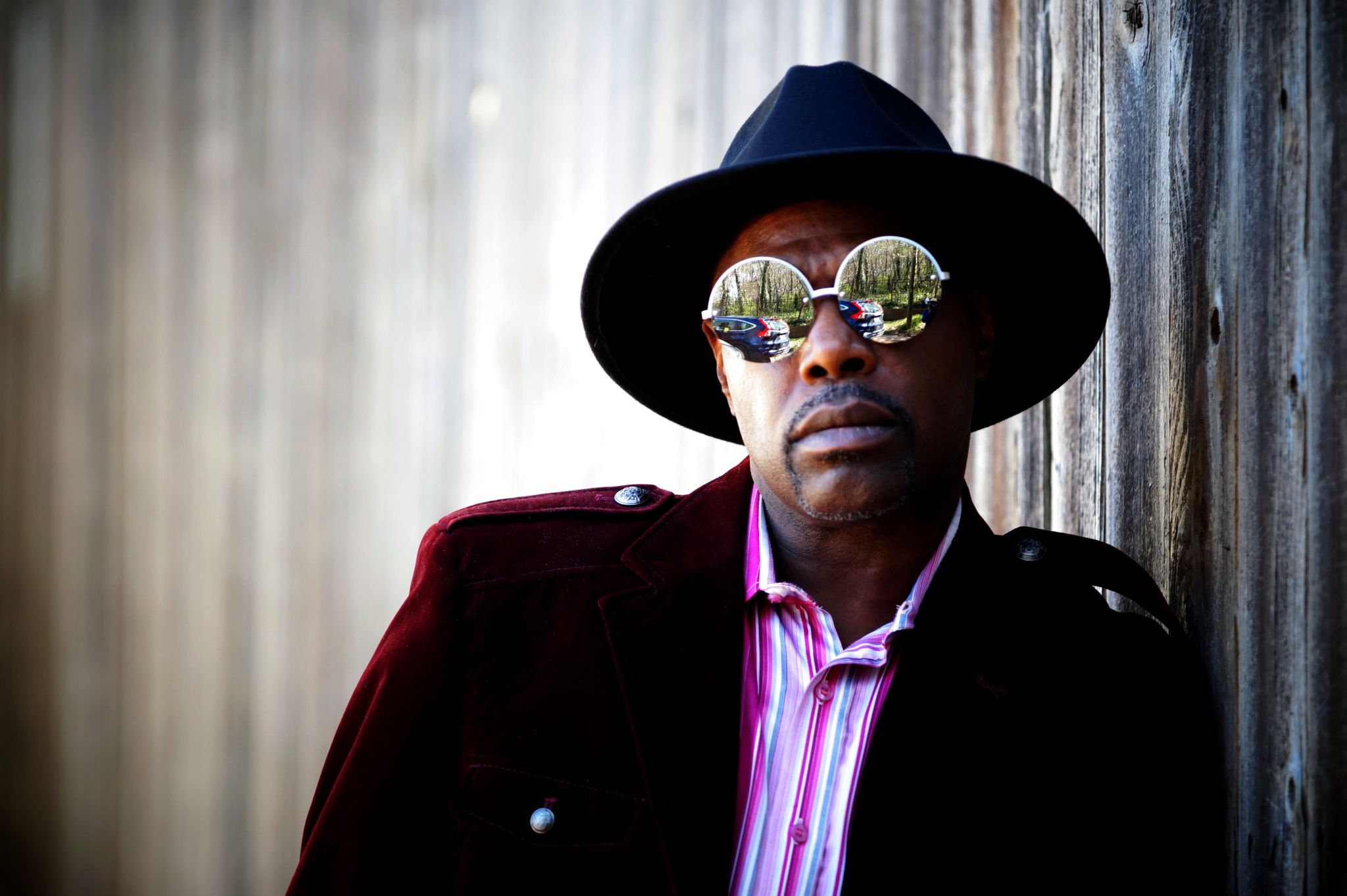“Willi Ninja: VOGUE!”
Guest Writer: Bishop Hartsel Clifton Shirley
Born in New Hyde Park, New York, on April 12, 1961, William (Willi) Roscoe Leake (aka Ninja) had no idea that he’d become a world-famous icon or that he’d create art in various forms that would inspire generations.
Willi, whose ancestry was composed of African-American, Irish, Cherokee, and Asian, began dancing at the age of seven, inspired by the ballet performances and Apollo Theater shows he experienced with his mother. He drew inspiration from the late Fred Astaire, Olympic gymnasts, and martial artists from which the nickname “Ninja” was born.
The boy was a self-taught dancer. Drawing upon his exposure to Fred Astaire, ballet, and martial arts, he began performing with “the children” who hung out around Christopher Street and Washington Square Park. In the early 80s, he formed his dance troupe, the “Video Pretenders,” and they would go to clubs and mimic the dance moves in the videos played on the big screens. Creating their choreography, the group took their moves to the Harlem drag balls. The drag balls were where Willi would hone his craft and form the “House of Ninja.” These “houses” were made up of one who would act as a “mother” to primarily young gay and transgender Black and Latino young persons and give them a family and support networks.

Voguing was born from a dance-off at a ball when Paris DuPree, in the spur of the moment at the dance club Footsteps, grabbed a copy of Vogue magazine from her purse and began imitating poses in the magazine. The slicing movements, pantomiming, and model posing were elevated by Willi with his signature clean, swift movements that slayed his competition while incorporating those fast moves and contortions in his arm and leg positions. He coupled his innovative dancing with his appearance, presenting himself as a “butch queen.” That look included big jewelry, a mustache, long hair, women’s clothes, and makeup; the result was a merging of femininity with masculinity.
Musician, singer-songwriter, producer, band manager, and entrepreneur Malcolm McLaren caught Willi and his group and took them on a tour of European fashion houses. Willi modeled runway shows for Lagerfeld, Jean Paul Gaultier, Chanel, and Thierry Mugler. He was able to take voguing across the oceans to Japan.
Willi taught models like Iman and Naomi Campbell how to walk with carriage and femininity. In 1990, the talent was prominently featured in the now classic movie Paris Is Burning, as well as a short film, Anthem, as a dancer. Willi also made a mark for himself in music videos such as Deep In Vogue by Malcolm McLaren; I Can’t Get No Sleep by Masters At Work; and Janet Jackson’s Alright and Escapade. And in 1994, the dancer/choreographer released music of his own, a single called Hot!

In 2003, while still maintaining a busy schedule of dancing and modeling appearances, Willi was diagnosed with HIV. Amid all of this, he was taking care of his now wheelchair-bound mother. Then in 2004, he opened his modeling agency, EON (Elements of Ninja).
The tenacious talent worked tirelessly mentoring models and dancers until he lost his eyesight. Unable to pay for health care, he passed away on September 2, 2006, at the age of 46–surrounded by children from his house.
In all the fierceness that was Willi Ninja, he was proof that…

Bishop Hartsel Clifton Shirley is an author, writer, singer/songwriter, and bishop from Waterloo, Iowa. He received his master’s degree in business from the International Business Management Institute in Berlin, Germany.
Currently residing in Atlanta, Mr. Shirley is a National and International Social Action bishop, part of New Direction Overcomers’ International Fellowship (based in Richmond, Virginia).
A multi-faceted talent, Hartsel is a writer, author, and singer/songwriter. A bronze International Society of Poets prize winner, he has penned editorials for the Waterloo/Cedar Falls Courier. His best-selling novel is Three Words, Four Letters, published by Ishai Books. Additionally, Hartsel has charted at #1 several times on the ReverbNation pop music charts.
Inspired by Langston Hughes, Bishop Shirley states, “I write what moves me. There is nothing I can’t write. I just have to care about it so I can write truthfully.”
Hartsel’s current book, The Night Eddie Sallis Died, is based on factual information he uncovered in 2002 about a 1966 jail cell “suicide” in Waterloo, Iowa (his place of birth). This revealing and riveting book pulls back the curtain on racism and police brutality. The author emphasizes, “These truths make Iowa a state not to be taken lightly–nor forget.”
Hartsel’s upcoming works include Three Words and Four Letters, the second and third installments of his first novel, and his third music project, Rebel With A Cause.
Email Bishop Shirley at hartselshirley@gmail.com



Leave A Comment